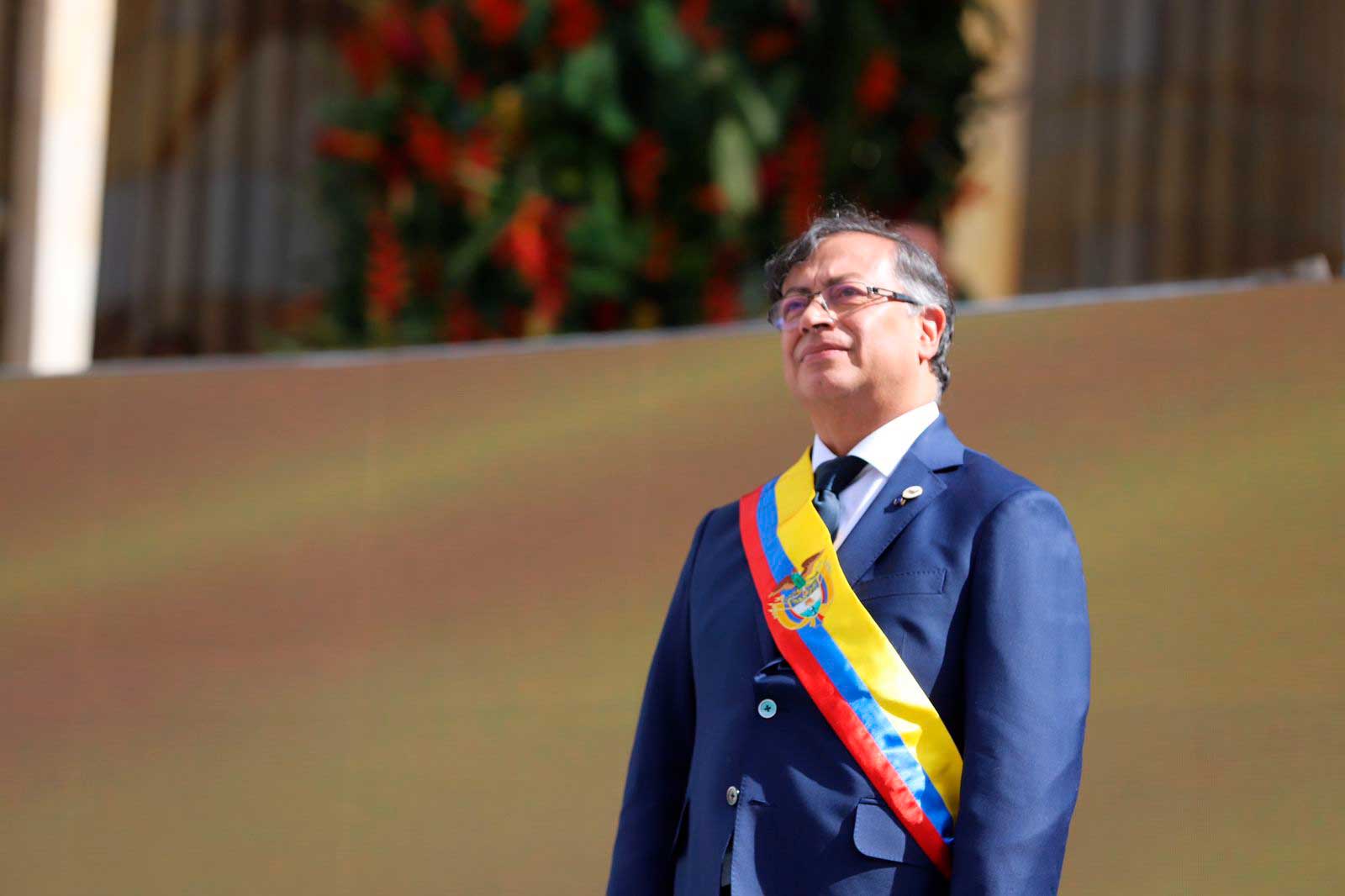The government of Gustavo Petro in Colombia wasted no time after inauguration on August 7. On his first full day in office, Economy Minister José Antonio Ocampo presented a bill outlining a tax reform proposal, one of Mr. Petro’s central campaign promises.
The bill seeks to collect USD 5.75 billion next year (1.72 percent of GDP) from high-earning individuals, as well as coal, oil, and gold exporters, a figure that the government hopes to double by 2026 through combating tax evasion.
The reform is similar in spirit to that of President Gabriel Boric in Chile, which seeks to collect 5 percent of GDP in new taxes by the end of Mr. Boric’s term in office.
Mr. Ocampo plans to raise an additional 0.56 percent of GDP from income and wealth taxes on individuals in 2023, as well as an extra 0.38 percent from companies, 0.48 percent from exporters, and 0.2 percent from taxing sugar-based drinks, highly-processed foods, and single-use plastics.
The main goal of Mr. Petro’s tax reform is to raise cash for expanding social programs, although Colombia must also deal with a fiscal deficit that currently stands near 7 percent of GDP.
Tax reforms have been conflictive in the past, with an attempt by the previous right-wing administration to pass one in 2021 leading to street protests, strikes, and deadly clashes with the police, as well as the resignation of then-Economy Minister Alberto Carrasquilla.
Questions and misgivings are, however, likely to come from different sectors this time, given the change in government.


 Search
Search






































